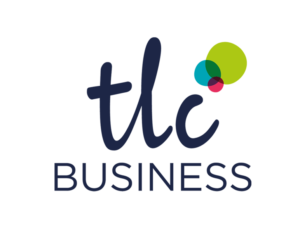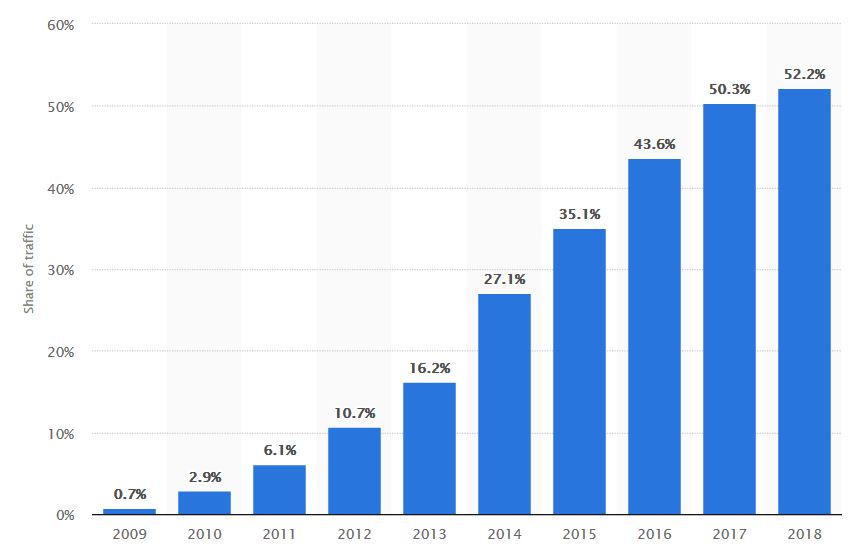The Ultimate Guide to Marketing for SMEs
Are you a small or medium-sized enterprise (SME) looking to make a bigger impact in your industry? Then you’ve come to the right place! Marketing is the key to reaching new customers, building brand awareness, and driving growth.
In this ultimate guide, we’ll walk you through everything you need to know—from social media to email marketing, SEO, and beyond—to help take your business to the next level!
Building a Strong Foundation
Brand identity
Brand identity is what sets your business apart from competitors. It reflects your values, mission, and how customers perceive you. Here are tips and tricks for building a strong brand identity:
Website Design
Your website is often the first impression potential customers have of your business. A well-designed site is crucial to success. Check out these top tips for creating an effective website:
Content Marketing
Content is king. Whether through blogs, videos, or infographics, quality content can drive traffic and boost engagement. Every page on your site should have essential content that adds value. Start here:
- Essential Content for Your Website: What Every Page Needs
- Why blogs still matter
- How to Use Video Successfully

Reaching Your Audience
Social Media Marketing
Social media platforms like Facebook, Instagram, and LinkedIn offer fantastic opportunities to connect with potential customers.
If you’re looking for tips to improve your social media marketing, check out these insightful articles:
- Unlocking success how social media marketing transforms your business
- Tips to improve social media for your small business
Email Marketing
Email marketing remains one of the most effective ways to communicate with customers, nurture leads and drive sales. If you’re looking to master email marketing, this guide will help you succeed in 2024:
Search Engine Optimisation (SEO)
SEO is essential to get right. Ranking higher on search engines can bring in more organic traffic, increasing visibility and lead generation. Implement these top SEO tips to get started:
Lead Generation
Generating high-quality leads is the key to growing your business. Whether you’re using social media, content marketing, or paid advertising, it’s important to be strategic. Learn more in this article:
Pay-Per-Click (PPC) Advertising
PPC can drive targeted traffic to your website, but it comes with pros and cons. If you’re wondering whether PPC is right for your business, check out this guide:

Expanding Your Reach
Event Promotion
Hosting events, whether online or in-person, can help engage customers and attract new leads. Learn how to master event promotion with these effective strategies:
Design & Print Work
Don’t underestimate the power of traditional marketing materials like brochures and flyers. Consider these top tips when planning your design and print work:

Black girl in denim sitting at the table with stationery and touching computer screen. Indoor portrait of pretty young woman in headphones with tablet spending time in office.
Staying Ahead of the Curve: Top marketing trends
The marketing world is constantly evolving, so to stay ahead of the game, it’s important to keep an eye on emerging trends and adapt your strategies as needed:
Voice Search
Voice search is rapidly changing how consumers find information online. Optimising for voice search can help your business stay ahead of the curve. Learn more about this emerging trend:
Sustainability Marketing
Consumers are increasingly drawn to brands that prioritise sustainability. Incorporate eco-friendly practices into your marketing strategy to appeal to a growing audience that values responsibility:
Personalised Marketing
Customers respond better to personalised marketing experiences that cater to their individual preferences. Tap into this trend and see how it can benefit your business:
Interactive Content
Interactive content like quizzes, polls, and surveys can engage your audience on a deeper level. Find out how to use interactive content to your advantage:
Key Marketing Dates
Keeping track of key dates and events throughout the year can give your marketing campaigns a significant boost. Here’s a list of unmissable dates to generate buzz:

We hope that our ultimate guide has given you plenty of useful tips to help take your business to the next level. If you would like more expert advice or support, our friendly team is always here and happy to help.
For a free virtual marketing ideas session with marketing experts, call us on 01962 600 147 or email info@tlc-business.co.uk




